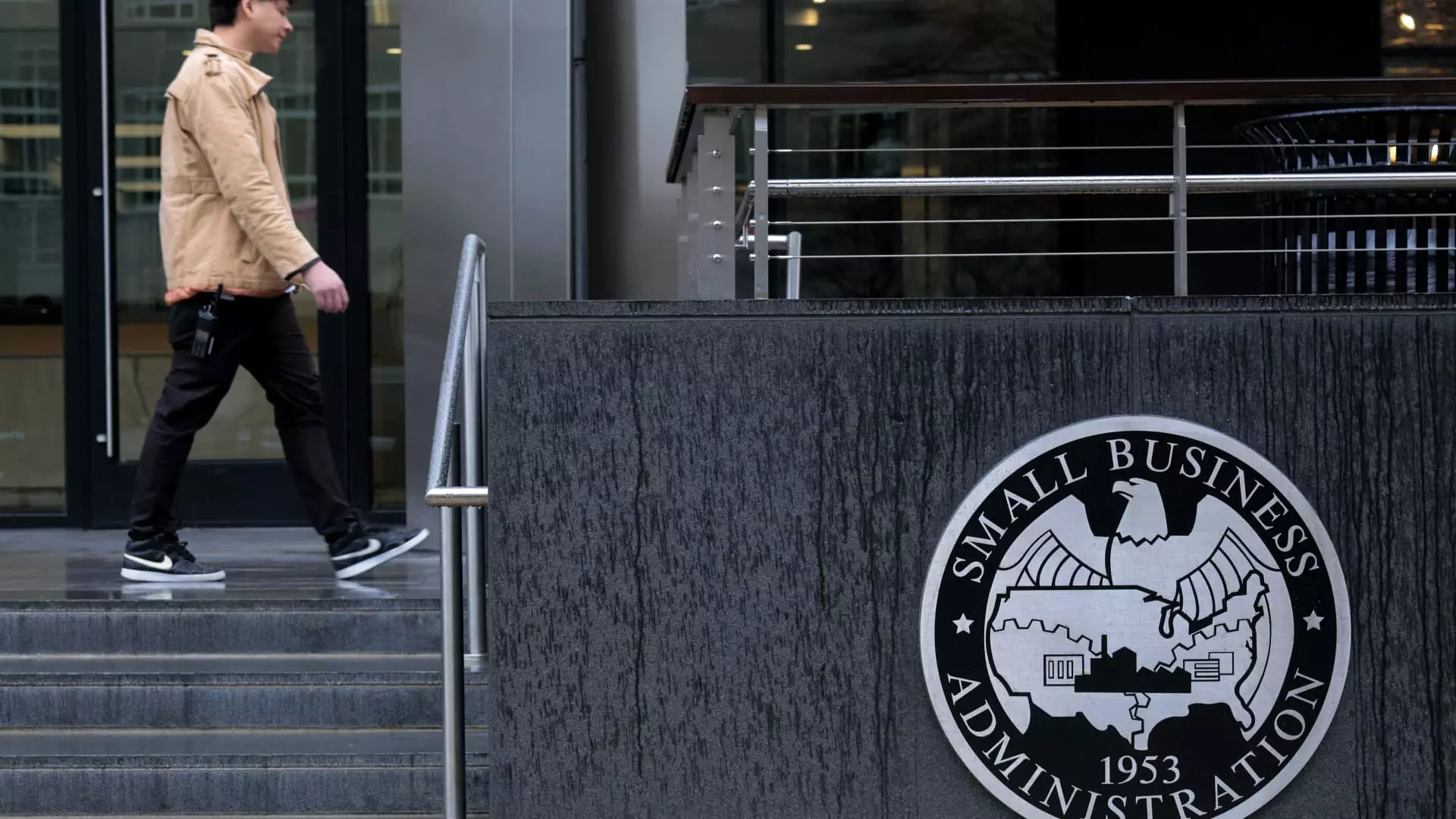In an astonishing show of judicial oversight, a federal judge recently stepped in to halt President Donald Trump’s controversial initiative to reallocate the management of the United States’ monumental $1.6 trillion student loan portfolio. U.S. District Judge Myong J. Joun’s May 22 injunction not only mandated the reinstatement of over 1,300 employees at the Department of Education but also quashed Trump’s directive to transfer 40 million student loan accounts to the Small Business Administration (SBA). This significant legal maneuver casts a spotlight on the potential chaos inherent in presidentially proposed changes that lack coherent rationale and sound judgment.
Once the news broke about the halted transfer, Trump’s defenders—particularly Madi Biedermann, the deputy assistant secretary for communications at the Education Department—lashed out, labeling the ruling as an overreach of judicial authority. Biedermann’s inflammatory rhetoric, calling the judge a “far-left” ideologue acting on “biased” complaints, sheds light on the growing polarization and vehement divisiveness that permeates American discourse. It also raises a crucial question: Are we willing to compromise a stable and essential public service for political point-scoring?
The Educational Inefficiencies in Shifting Responsibilities
While the Trump administration heralded the move as a step toward greater efficiency, serious doubts linger over the operational implications of such a drastic shift. Sarah Sattelmeyer, an expert at New America, articulated the anxiety shared by many: transferring core functions to the SBA would not enhance efficiency; rather, it has the potential to muddle programs that facilitate educational access and support. Given the existing frailties in student loan management, this suggestion borders on reckless.
A salient concern lies in the potential fallout of mass account transfers between agencies—an event that could lead to disastrous errors or violations of borrower privacy. Transitioning student loan accounts is not simply a reallocation of numbers on a spreadsheet; it involves real lives, dreams, and futures. If inefficiencies have plagued smaller transfers between loan servicers, what assurances do we have that the SBA could successfully navigate the labyrinthine bureaucracy of federally managed student loans?
The SBA’s Lack of Experience: A Recipe for Catastrophe
Bringing in the SBA to manage something as critical and sensitive as federal student loans amounts to handing over the keys to a rudimentary car to someone who has only ever operated a bicycle. Experts like Mark Kantrowitz have pointed out a glaring infrastructural inadequacy: the SBA has no relevant experience in student loan management. With a staggering workforce reduction of 43% ordered for the SBA, there will be even fewer hands to shoulder an astounding responsibility. This begs the question: what qualified individual would see such an ill-fated proposal as efficient governance?
Furthermore, the legal underpinnings of the student loan framework are embedded in the Higher Education Act of 1965, which clearly designates the Federal Student Aid office within the Education Department as responsible for student debt management. Ignoring this legislative foundation in favor of personal whims exudes a perilous sentiment—one that suggests that laws and regulations are malleable tools to be manipulated for political gain, undermining the very fabric of governance.
Implications for Borrowers Beyond the Courtroom
As the legal battles unfold, it’s vital to recognize the implications for those directly affected: the borrowers. With millions of students relying on federal loan programs, the grim reality is that any alterations could jeopardize longstanding protections such as Public Service Loan Forgiveness. Consumer advocates have rightly raised alarms over how such shifts might undermine borrower assistance programs during a time when economic stability is rooting deeper into uncertainty.
In a climate rife with political posturing, the very students who are already besieged by a mountain of debt risk having their futures further jeopardized by short-sighted governmental directives. The desires of the political elite cannot supersede the essential education and economic freedom that millions in this nation have fought hard to secure. The ongoing turmoil surrounding the management of student loans serves as a stark reminder of how crucially we must scrutinize those in power. It’s imperative to champion an education system that upholds integrity, accountability, and responsibility, instead of a model that indulges in chaos and recklessness.

